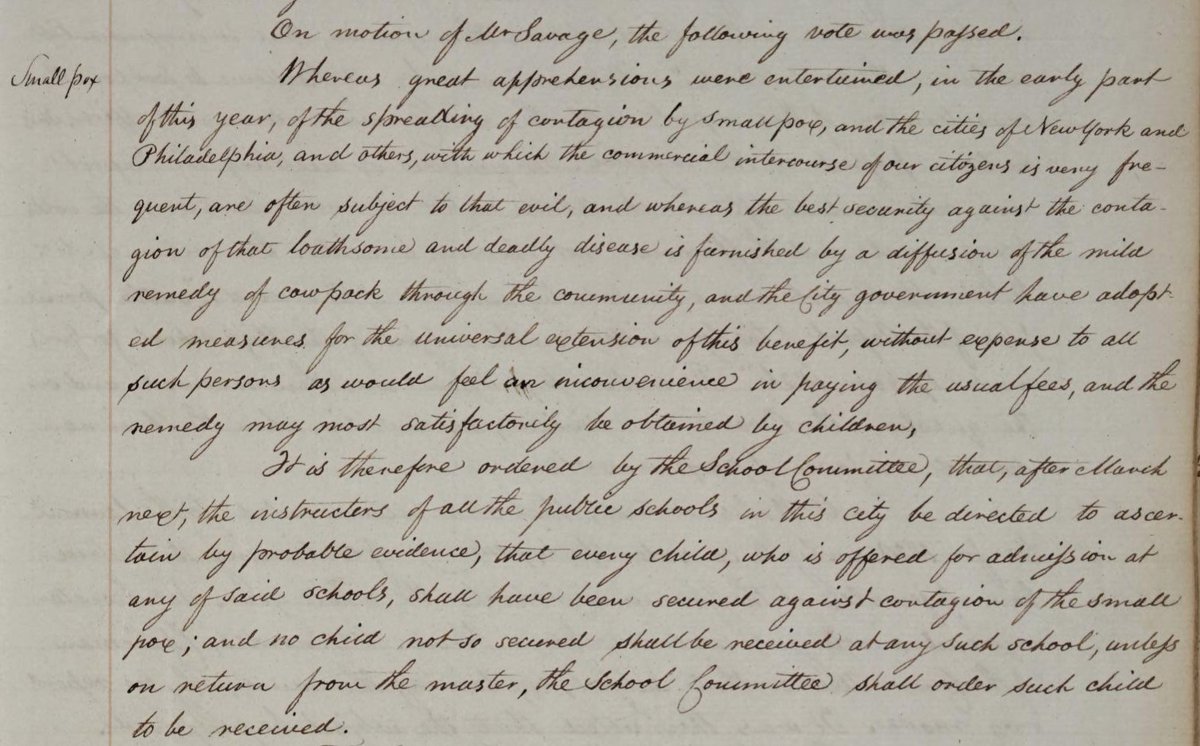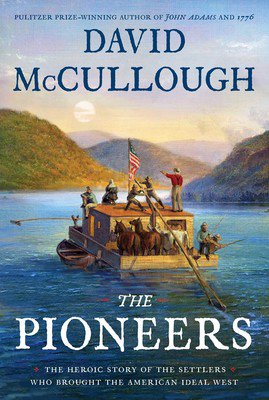
Historian at CMU. Author of The Contagion of Liberty: The Politics of Smallpox in the American Revolution (JHU Press, 2022), “Expert in old-timey vaccines”
How to get URL link on X (Twitter) App




 The county spared no expense to stop the outbreak. They established strict quarantines and paid guards to keep the infected in their homes. The county paid doctors and nurses but also the guards and got all medical supplies, firewood, and food needed by both patients and guards.
The county spared no expense to stop the outbreak. They established strict quarantines and paid guards to keep the infected in their homes. The county paid doctors and nurses but also the guards and got all medical supplies, firewood, and food needed by both patients and guards. 

 Boston had a strong quarantine system and had conducted a general vaccination of the city 10 years before, but to keep smallpox out (it had been spreading in New York and Philadelphia), they ordered children to be vaccinated. 2/
Boston had a strong quarantine system and had conducted a general vaccination of the city 10 years before, but to keep smallpox out (it had been spreading in New York and Philadelphia), they ordered children to be vaccinated. 2/

 The claim originated in a quack medical publication called "Medical Talk" printed in Columbus, Ohio, by medical grifter Samuel Brubaker Hartman. The Cleveland Medical Journal in 1900 warned readers not to be fooled by anything published in "Medical Talk" 2/
The claim originated in a quack medical publication called "Medical Talk" printed in Columbus, Ohio, by medical grifter Samuel Brubaker Hartman. The Cleveland Medical Journal in 1900 warned readers not to be fooled by anything published in "Medical Talk" 2/ 




https://twitter.com/ProfWehrman/status/1417466012715438081Salts represented Phelps County and lived in Rolla. Rolla as Missourians know (I grew up in Missouri) is home to Missouri University of Science and Technology formerly UM-Rolla, and in Salt's day the Missouri School of Mines. 2/7




 Observances of Halloween or Hallowe'en or All Hallow's Eve, the night before the Feast of All Saints came to the US with Scottish and Irish immigrants from remnants of the Celtic festival of Samhain. The earliest newspaper reference I found was from Wilmington, DE in 1823. 2/
Observances of Halloween or Hallowe'en or All Hallow's Eve, the night before the Feast of All Saints came to the US with Scottish and Irish immigrants from remnants of the Celtic festival of Samhain. The earliest newspaper reference I found was from Wilmington, DE in 1823. 2/ 

 2. Marietta was and remains a great place to teach and learn history. It was the first capital of the Northwest Territory. Marietta College’s Library has an amazing collection of 18th Century documents that McCullough used to write his history.
2. Marietta was and remains a great place to teach and learn history. It was the first capital of the Northwest Territory. Marietta College’s Library has an amazing collection of 18th Century documents that McCullough used to write his history.